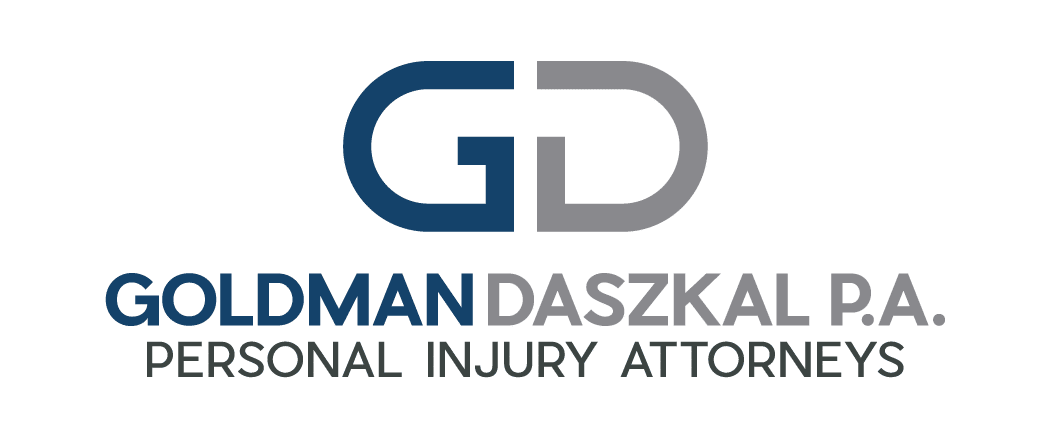We’ve been following the rapidly advancing self-driving/autonomous/driverless vehicle industry over the last few years. The gradual shift to driverless vehicles will be a boon for reducing traffic accidents, lowering emissions, providing independence for the elderly and disabled, and helping with transportation options for needy communities. Ultimately, driverless vehicles will help make transportation safer, more affordable, and convenient for millions of Americans. You can read the full Part V update, here.
The timelines for self-driving vehicles is likely still a few years away. These timelines have shifted out following self-driving test vehicle accidents as companies further develop machine learning for sensors that use AI to better understand the environment, surroundings, traffic, and people on or near roads.
Even though the technology isn’t commercially ready yet, Argo AI, GM Cruise, Waymo, and Tesla are demonstrating key innovations.
ARGO AI is the newest of the three and started with a huge investment from Ford Motor Company in 2017. Unlike other companies, ARGO AI focuses on developing the self-driving technology, not the vehicles themselves. ARGO AI partners with auto manufacturers and is working with Ford vehicles using LIDARs (Light Detection and Ranging), radars and cameras.
GM Cruise, a subsidiary of General Motors, has close to 200 vehicles currently testing on the roads. Vehicles designed by GM Cruise use machine learnings, IoT sensors and other tools to gather data, analyze surroundings, and make decisions.
WAYMO, formerly part of Google, utilizes a technology platform featuring LIDARs, radars, cameras, and microphones to evaluate the environment. WAYMO has begun to offer autonomous taxi service rides, although these vehicles have a human backup driver. WAYMO is considered the leader in self-driving technology.
Tesla has been confirming promises about delivering FSD (Full Self-Driving) capabilities on its vehicles in the coming weeks. However, Tesla affirms that FSD may not be able to handle certain types of traffic, pedestrian, or cyclist situations. Consequently, FSD will still require driver supervision and potential intervention.
While it’s clear that several companies are making significant headway in their autonomous vehicle programs, driverless vehicle accidents over the last two years have forced the vehicle and technology creators to be more cautious. Most of their timelines have slipped, but we’re pleased to learn that these companies are working diligently to further augment their technology platforms for improved safety. To learn more about the many of the current self-driving features on vehicles today, check out our blog post titled “Advanced Driver Assistance Systems Update.”
If you or a loved one was involved in an injury that involved a self-driving vehicle, Goldman & Daszkal, P.A. may be able to help. Contact us at (954) 428-9333 or www.goldmandaszkal.com.
Since 1990, Goldman & Daszkal, P.A. has provided reputable legal representation to people throughout the state of Florida. The firm has helped thousands of individuals recover compensation from motor vehicle and boating accidents, slip and fall accidents, product defect and liability cases, pharmacy errors, and negligent security cases to cover medical expenses, pay bills, take care of their families, and return to work. Goldman & Daszkal, P.A. can help you get the relief you need to start living your life again after a serious injury. For a free and confidential consultation, contact Goldman & Daszkal, P.A., at (954) 428-9333.
